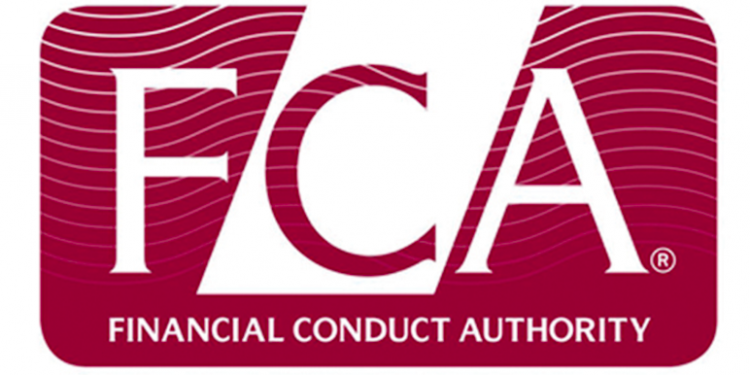All distributors are required to ensure their charges for distributing products or services represent fair value, according to guidance from the Financial Conduct Authority (FCA) on its incoming Consumer Duty.
The guidance also states that firms in the distribution chain are only responsible for the value of the prices that they control and are not required to re-do or challenge other firms’ value assessments.
Elaborating on what it means by ‘fair value’, the FCA states this is about “more than just price” as the duty aims to tackle factors that can result in products or services which are unfair or poor value.
These include unsuitable features that can lead to foreseeable harm or frustrate the customer’s use of the product or service, or poor communications and consumer support.
The regulator added that the specific focus of its price and value outcome rules is on “ensuring the price the customer pays for a product or service is reasonable compared to the overall benefits (the nature, quality and benefits the customer will experience considering all these factors)”.
Value needs to be considered in the round and low prices do not always mean fair value and the FCA stated that it expects firms to think about price when assessing fair value but not at the expense of other factors.
But the FCA also pointed out that it does not intend to set prices and its rules do not have this effect. For example, it has declined to ban the practice of loaded premiums when customers pay more purely to give a higher commission to the adviser.
It added that it does not mean firms are expected only to offer products and services at a low price, and highlighted that products or services that cost more for customers may well provide value if that reflects their quality and benefits.






